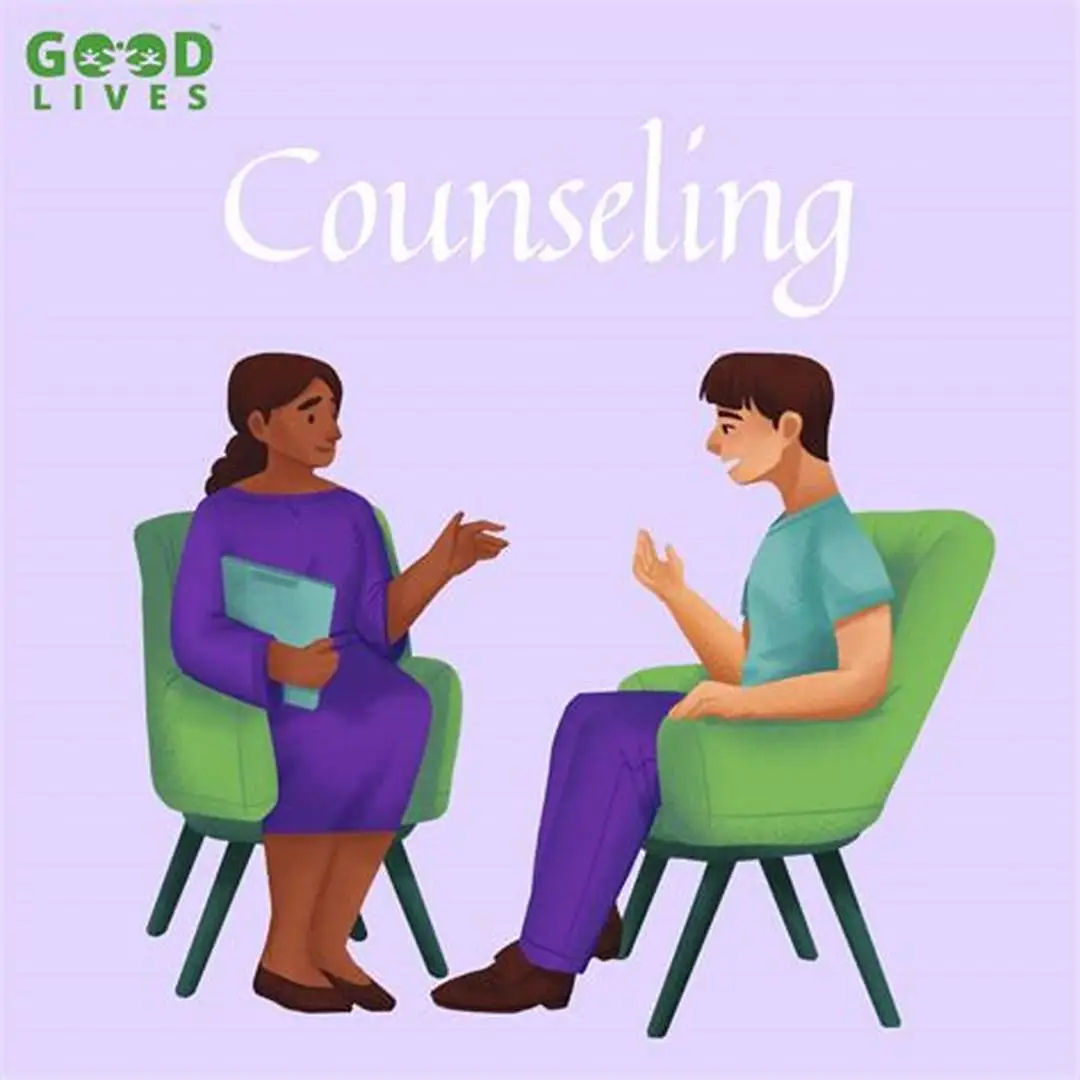University life can be exciting and transformative, but it also comes with a host of challenges that students often face. From academic pressures and personal struggles to adjusting to a new environment, these challenges can take a toll on mental health and well-being. University counseling services play a crucial role in helping students navigate these hurdles, providing support for mental health, academic success, and personal growth.

What Are University Counseling Services?
University counseling services are professional, on-campus support systems that provide psychological, emotional, and sometimes academic assistance to students. These services are typically offered for free or at a minimal cost and are staffed by trained counselors, psychologists, and mental health professionals. The goal of these services is to help students manage the stressors they face during their academic journey and maintain a healthy mental state.
Counseling services are usually confidential, ensuring that students can speak openly about their struggles without fear of judgment or repercussions.
Importance of University Counseling Services
University life is full of academic, social, and emotional transitions. Here are some reasons why counseling services are essential:
1. Mental Health Support
Mental health issues such as anxiety, depression, and stress are common among students. Counseling services offer a safe space where students can seek help from professionals to cope with these challenges.
2. Improved Academic Performance
Mental health and academic performance are closely linked. Students who are dealing with psychological distress often find it difficult to focus on their studies. Counseling services provide support that can help improve focus, time management, and overall academic success.
3. Personal Development
Through counseling, students can gain a better understanding of themselves, improve self-esteem, and develop healthier relationships with others. It can also help in making informed decisions about career and life goals.
4. Crisis Management
Counseling services offer immediate support for students facing personal crises, such as grief, trauma, or emergencies. Having access to professional help can prevent these situations from escalating.
5. Stress and Time Management
Balancing academic work, social life, and personal obligations can be overwhelming. Counseling services can provide tools and strategies for better stress and time management, helping students maintain balance in their lives.
Common Services Offered by University Counseling Centers
1. Individual Counseling
One-on-one sessions with a licensed counselor to address personal, emotional, and psychological issues.
2. Group Counseling
Students with similar issues can participate in group therapy sessions, which provide peer support in addition to professional guidance.
3. Workshops and Seminars
Workshops are often held on topics like stress management, coping strategies, and study skills. These are designed to equip students with practical tools to navigate university life.
4. Crisis Intervention
Immediate support is available for students in emotional or psychological distress. This service can include emergency counseling, safety planning, and referrals for long-term support if needed.
5. Academic Counseling
Some counseling services offer help with academic concerns, such as managing study load, time management, and test anxiety.
6. Career Counseling
Counseling centers often provide career advice, helping students align their personal strengths with their academic and career goals. They may assist with resume writing, interview preparation, and job search strategies.
7. Telehealth Services
Many universities now offer virtual counseling services, allowing students to access support remotely through video or phone sessions.
How to Access University Counseling Services
1. Booking an Appointment
Most universities have an easy appointment system, where students can book online, by phone, or in person at the counseling center. Many centers also offer walk-in hours for urgent needs.
2. Confidentiality
Counseling services are confidential, which means personal information shared during sessions won’t be disclosed without consent, except in cases of severe risk or harm.
3. Free or Low Cost
University counseling services are generally free for enrolled students or offered at a very low cost. This makes mental health support accessible to everyone, regardless of financial circumstances.
Common Myths About University Counseling Services
1. Only Students With Serious Problems Seek Counseling
One common misconception is that counseling is only for students experiencing severe mental health issues. In reality, students with various concerns, big or small, can benefit from counseling. Whether you’re dealing with stress, time management, or homesickness, counseling can help.
2. Counseling Is a Sign of Weakness
Seeking counseling is often perceived as a sign of weakness. However, recognizing the need for help and reaching out is a sign of strength and self-awareness. Everyone faces challenges, and counseling can be a healthy way to manage them.
3. Counseling Is Not Effective
Some students may believe that talking to a counselor won’t make a difference. In fact, counseling is proven to be highly effective in improving mental health, well-being, and coping mechanisms.
Tips for Making the Most of University Counseling Services
- Be Open and Honest: Be as open as possible about what you’re going through to allow the counselor to offer effective support.
- Set Realistic Goals: Approach each session with specific concerns or goals to make the time as productive as possible.
- Follow Through with Homework: Many counselors will provide strategies or exercises to practice between sessions. Following through can enhance the effectiveness of counseling.
- Stay Consistent: Attending counseling regularly, even when you feel better, can maintain your mental health and prevent relapses.
Conclusion
University counseling services are invaluable resources for students who need support during their academic journey. Whether you’re struggling with mental health issues, personal challenges, or academic pressures, counseling can provide the necessary tools to navigate university life with resilience. Don’t hesitate to reach out if you need help—your well-being is just as important as your academic success.
